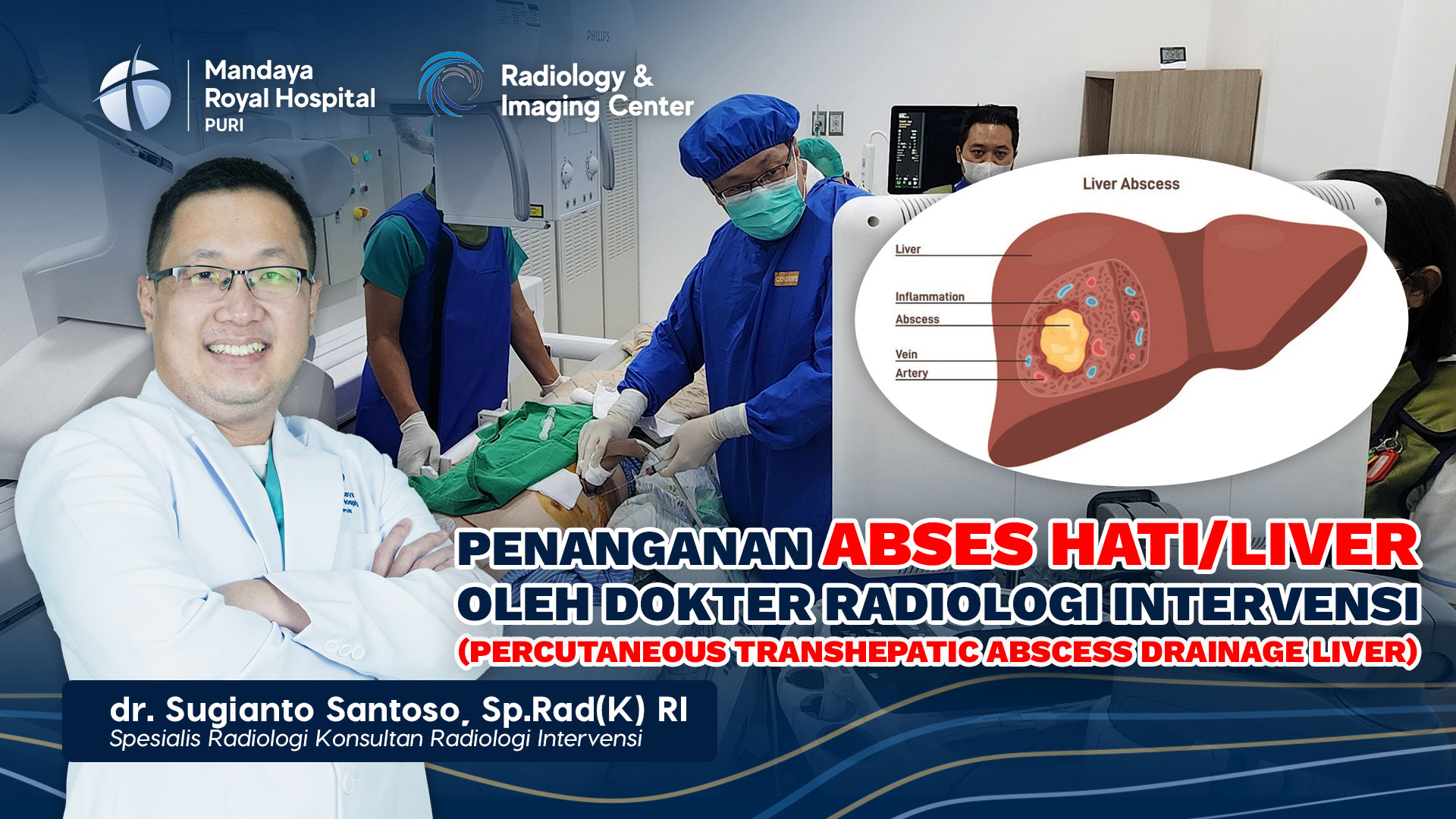Interventional radiology is a field of medicine that utilizes state of the art technology to perform image guided procedures to treat various diseases throughout the body. Interventional radiology itself is also one of the less invasive methods with faster recovery times compared to traditional surgical methods.
Interventional radiology is divided into 2 categories, vascular and non-vascular interventions. Vascular interventions involve procedures related to blood vessels, such as Transarterial Chemoembolization (TACE), a procedure used to treat cancer that combines embolization and chemotherapy (chemoembolization).
In addition to TACE, vascular interventional radiology can also be performed as a supportive procedure for surgery, such as stopping bleeding, opening blood flow, and closing blood flow in the area to be operated on. Meanwhile, non-vascular interventions in interventional radiology are performed to drain fluid accumulations in organs or to open blockages in the biliary tract. One example of a case that can be managed by an Interventional Radiology team is liver abscess.
Liver Abscess Management by Interventional Radiologists
A liver abscess is a pus-filled mass in the liver that can occur due to liver injury or intra-abdominal infections spreading from the portal vein. The majority of these abscesses are categorized as pyogenic or amoebic, although a small portion is caused by parasites and fungi. Liver abscesses are usually characterized by pain in the upper right abdomen and fever.
“In the field of interventional radiology, we perform minimally invasive surgery, meaning it’s not too invasive. With a procedure called percutaneous transhepatic abscess drainage of the liver, it’s called percutaneous because we make a puncture in the skin, then there’s a small incision of about 5 mm,” dr. Sugianto Santoso, a radiology specialist and interventional radiology consultant.
The recovery process from this procedure is relatively fast, and patients will also be prescribed antibiotics by an internal medicine specialist. If you experience abdominal pain accompanied by fever, seek medical attention immediately. For initial consultations, you can use WhatsApp Chat, Book Appointment, or the Care Doctor app, which can be downloaded from Google Play and the App Store to facilitate visits, view queue numbers, and obtain other comprehensive information.


